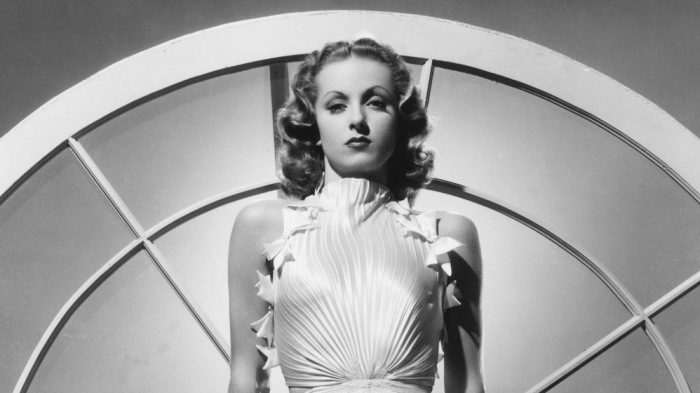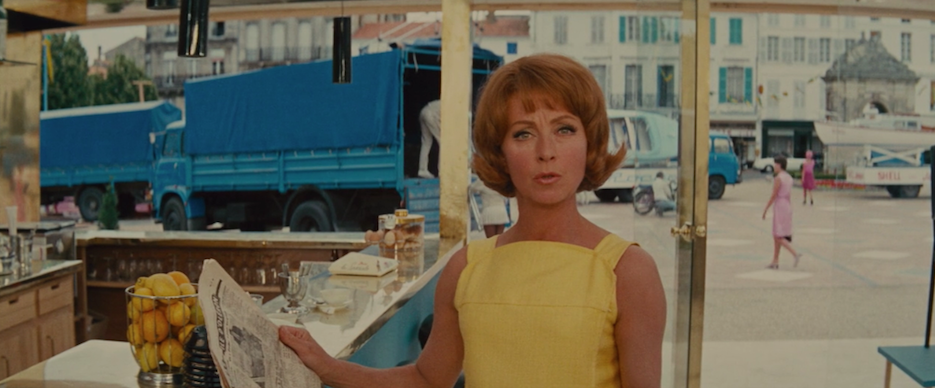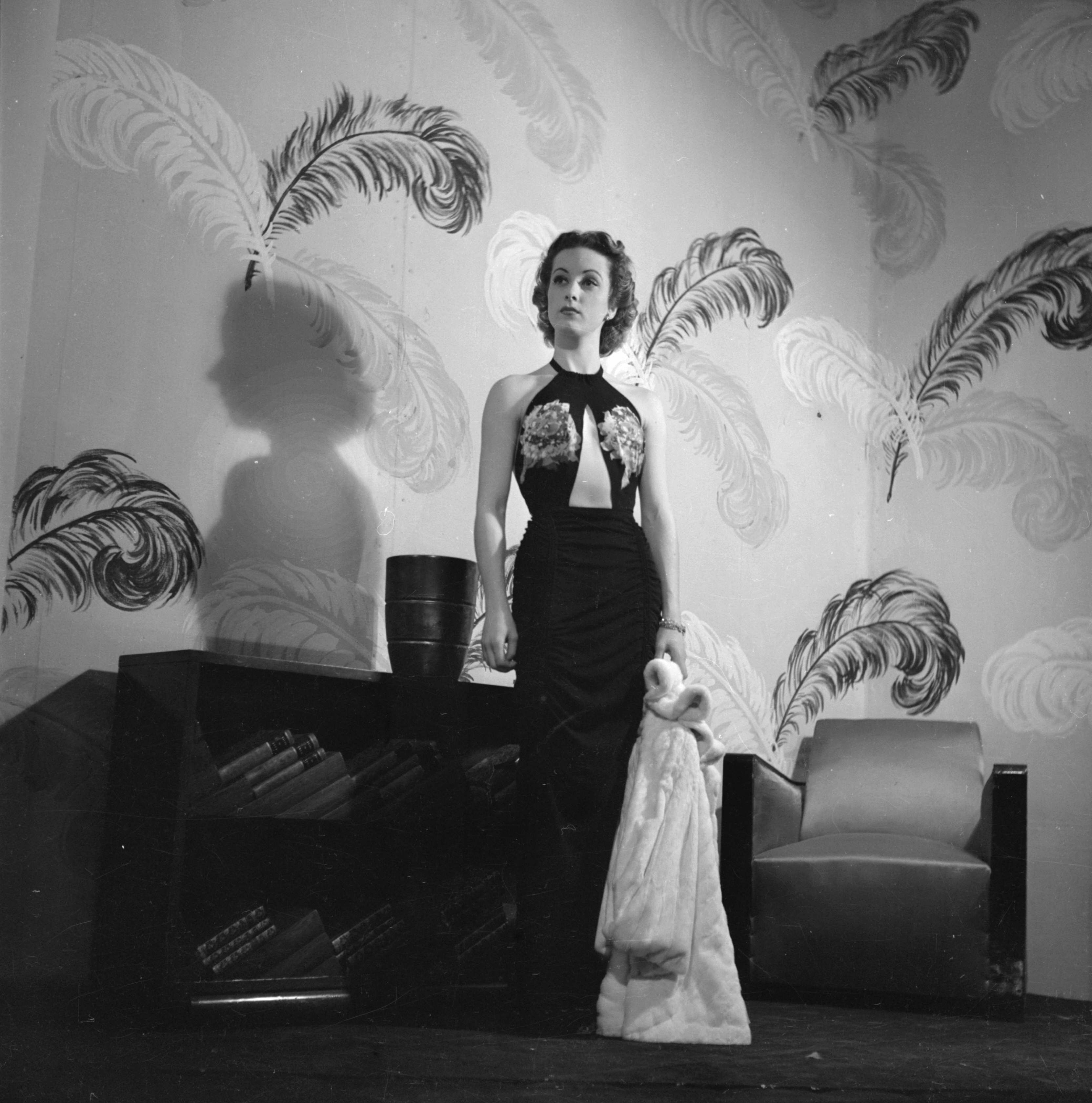by Salim Garami

The longevity of Danielle Darrieux's life - reaching up until the golden age of 100 as she passed Tuesday on 17 October - parallels the longevity of Darrieux's storied career. To know her path is to essentially map out the development of French cinema in a cursory sense: Beginning as a child in the very dawn of the French sound era within the musical comedy Le Bal in 1931 until a star-making turn in Anatole Litvak's Mayerling, taking a detour at the cusp of her fame to Hollywood like many beautiful French stars would, returning to her homeland right through the Left Bank faction of the French New Wave working with the likes of Claude Chabrol and Jacques Demy, finding her way to the Broadway stage with Coco as Coco Chanel, and taking a moment to work with directors of the Cahiers du Cinema second generation and the Cinema du Corps until her final screen appearance in 2010.
As far as she went, her sophisticated presence gave a sense of class and dignity to most roles she embodied - whether from the wisdom of the grandmother in her voiceover role in Persepolis or the conflicted Louise in The Earrings of Madame de..., possibly her most popular role and among her favorite collaborators director Max Ophuls - without shedding the youthful spontaniety that made her an early entry into the canon of French actresses. Her range in projects and roles was never diluted by her distinct recognizable stature as an actress and singer.
Indeed, her status as a singer is what made yours truly a fan and if I may be allowed to dip my own enthusiasm for one of Darrieux's performances, it will be for a role so effortless to her that she still found herself stealing whatever limited screentime she could in Demy's 1967 The Young Girls of Rochefort, one of my favorite movies.

The only singer in the whole cast who is not overdubbed, Darrieux's Yvonne puts on an unstressed and satisfied mask over wistful regret at a greater and less lonely life as a backdrop of to her character's two girls Delphine and Solange (sisters Catherine Deneuve - whom Darrieux would continue playing the mother of - and Françoise Dorléac) and their own searches for love by the sea. Not one to let her story drag the bounciness of the film over, Darrieux's continued smile as she confesses the silly embarrassment she imagines at marrying a man named "Dame" is such a small gesture that soulfully gains my endearment towards her ridiculous fear and so it only makes the thing so much more satisfying when it's obvious her man is just around the corner. Musically talented and dramatically compelling, Darrieux was exactly the sort of star to belong in a Demy picture (she's also star later in Une Chambre de Ville, itself a tragedy to sell how easily Darrieux could adopt the mood of the picture and make herself the emotional center of it).
And then there's her own favorite role at the end of it all: the 1954 adaptation of Stendhal's social drama Le Rouge et le Noir, where she played the aristocratic Mayor's wife Madame de Renal and falls tragically in love with the lower-class carpenter's son Julian Sorel that has epic consequences on their slowly separating lives. de Renal may have been the one in love with the ambitious boy, but I can't help imagining Darrieux was in love with ambition herself and that ambition led to a César worthy life full of accomplishment on screen and on stage.
